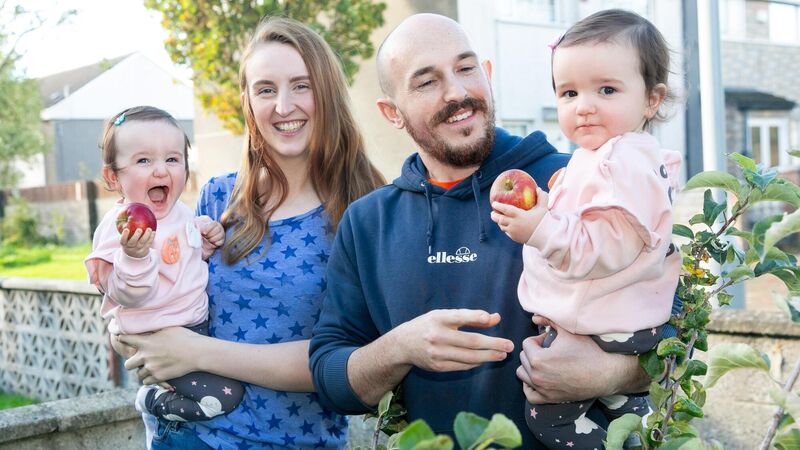‘We were so overwhelmed by our baby’s premature birth we forgot to ask if we had a boy or girl’

Parents Eden Gannon & partner Shane Matthews with their twin daughters Fiadh & Evie (16 months) at their home in Ballymun, Dublin.
Try from €1.50 / week
SUBSCRIBE“Do you know if you had a boy or a girl?” the midwife asked Fiona and Justin Bell, minutes after their first baby was born.
“We were just too overwhelmed — we’d completely forgotten to ask,” says Justin, recalling baby Sophia’s arrival at 29 weeks last May.
Already a subscriber? Sign in
You have reached your article limit.
Annual €130 €80
Best value
Monthly €12€6 / month
Introductory offers for new customers. Annual billed once for first year. Renews at €130. Monthly initial discount (first 3 months) billed monthly, then €12 a month. Ts&Cs apply.
CONNECT WITH US TODAY
Be the first to know the latest news and updates
Newsletter
The best food, health, entertainment and lifestyle content from the Irish Examiner, direct to your inbox.
© Examiner Echo Group Limited